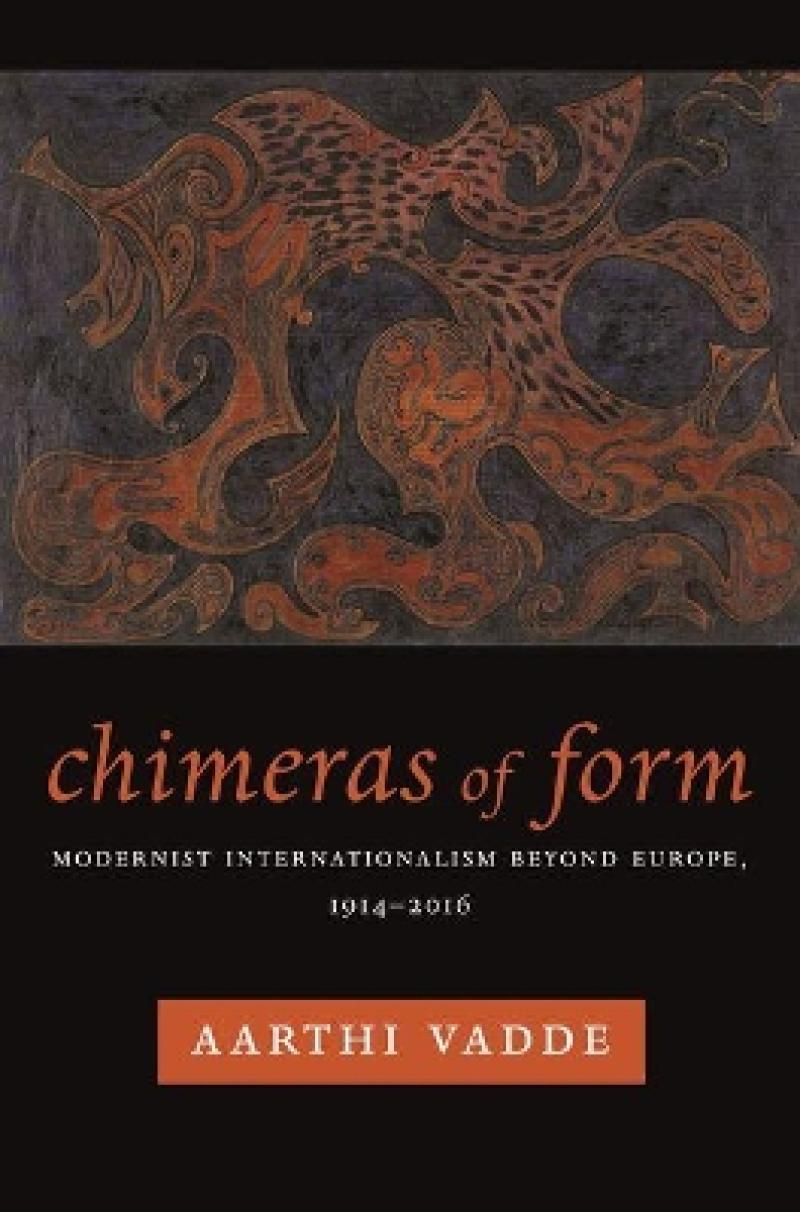Vadde has written a supple, incisive, and richly thoughtful book. In smart and sophisticated readings, she rigorously thinks through modernist and postcolonial fiction's relation to the ingredients it collages, and she brilliantly illuminates such fiction's relation to an increasingly globalized world. -- Jahan Ramazani, author of Poetry and Its Others: News, Prayer, Song, and the Dialogue of Genres Chimeras of Form contributes richly and originally to the current remapping of modernism within non-eurocentric, international, and postcolonial coordinates across the twentieth century. Vadde eloquently argues that many modernist texts consciously enter the breach between these apparent oppositions. This book is a rare achievement, and one that will prompt new questions and productive debates in the field of modernist studies. -- Laura Doyle, author of Freedom's Empire: Race and the Rise of the Novel in Atlantic Modernity, 1640-1940 With extraordinary subtlety and flair, Aarthi Vadde charts modernist internationalism as a persistent and shifting impulse toward experimentation in fictions that 'stretch the range of the sayable' in their chimeric, even confounding, depictions of the complexities of social life. Her deft readings will transform the way we understand the unexpected routes between modernism and postcolonialism to the point where those terms can no longer be taken as distinct categories tethered to period and geography. -- Brent Hayes Edwards, author of The Practice of Diaspora: Literature, Translation, and the Rise of Black Internationalism Vadde's expansive, sophisticated, and timely analysis unsettles conventional divisions between formalism and postcolonialism, nationalism and cosmopolitanism, realism and utopianism, and Europe and its others. Through masterful readings, she demonstrates how in form and content Tagore, Joyce, McKay, Lamming, Ondaatje, and Zadie Smith disrupt given understandings of territory, community, unity, and belonging. Vadde persuasively reveals the importance of literary modernism for imagining nonnational forms of sociability, solidarity, and citizenship. -- Gary Wilder, author of Freedom Time: Negritude, Decolonization, and the Future of the World Vadde's contribution is her remarkable insight into the 'chimeral' forms of global modernism. These forms don't flaunt triumphal cosmopolitanism in the face of outmoded nationalisms. Rather they foreground the artificial and recycled style of posttraumatic globalization-after the ongoing displacements of the previous century. Such global coexistence is precarious and makeshift, and also more livable. -- Leela Gandhi, author of Affective Communities: Anticolonial Thought, Fin-de-Siecle Radicalism, and the Politics of Friendship
